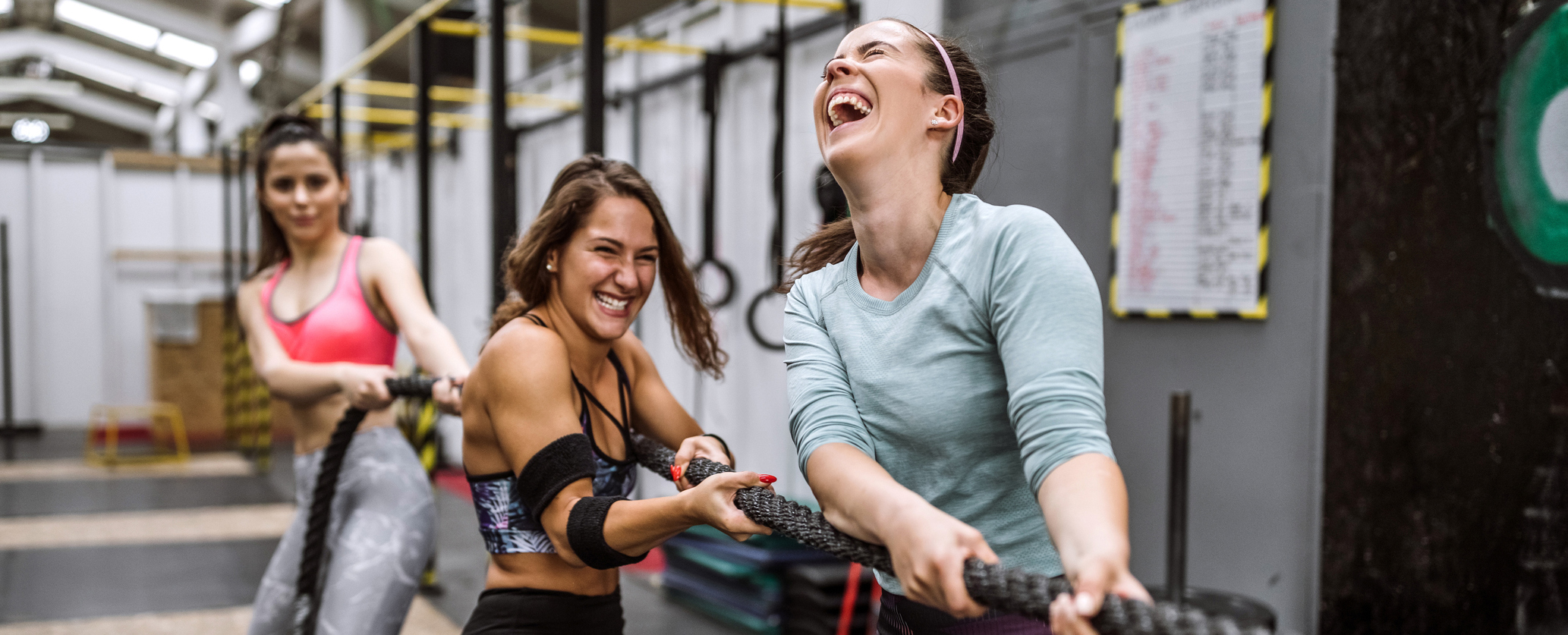What is the best type of exercise you can do for your health? The answer seems to change every week. Lately, many fitness enthusiasts and influencers have been talking about the importance of “functional fitness,” especially for people in their 20s and 30s who want to stay mobile and ready for anything as they age.
In fact, functional fitness has been in and out of the top ten global fitness trends since 2016. While there are many posts and videos online telling people what the best functional fitness exercises are, in reality many (or even most ) of the exercises could be done in a way that is functional.
What is most important is the result of the exercise. If this results in you becoming as physically capable as possible and ready for anything in life, whether it’s moving furniture, climbing a mountain, or running after your child, this can be considered functional fitness.
When you think about this result, you realize why it’s difficult to define a specific list of movements or exercises that count as functional fitness. Because anything that develops any form of fitness that helps you live life can be considered “functional,” including strength, cardio, agility, and flexibility.
Therefore, you can lift weights to increase strength, cycle to develop aerobic exercise, sprint to increase agility, and calisthenics to increase flexibility. Or you can combine all of these exercises into a single workout by doing labeled functional exercise programs such as CrossFit®, Hyrox or F45.
Improving all forms of physical movement is why many say functional exercise programs are the best exercises you can do. Increasing your overall fitness can also prepare you to be more physically capable and independent well into old age.
Building fitness
We don’t have a lot of research on the specific benefits of functional fitness beyond other sports because it’s still a fairly new area. But we can get an idea of the benefits this can have by looking at the effect that combining different types of exercises can have rather than just doing those exercises on their own.
Strength training, for example, helps strengthen muscles, bones and connective tissue. This can help you maintain the ability to move forward independently into old age.
Cardio (or ‘conditioning’), on the other hand, can have a greater effect on the cardiovascular and respiratory systems, which can make us more robust in the face of illness.
Therefore, they both have distinct and common benefits, which is why it is often considered important to include both in your weekly exercise routine. This is one reason why functional exercises that incorporate both can be a benefit.
But, if functional fitness exercise programs aren’t your cup of tea, a number of other sports and activities can also clearly help you become functionally fit.
Take rugby, for example. These players train to be strong, but also fast, agile and with the endurance to play an 80-minute match. Or ice hockey, where players must again be fast, powerful and able to sustain high intensity during the game. Or obstacle races, where people run long distances using strength, power, skill and agility to overcome obstacles in their path.
Another way to increase your strength, agility, balance and other aspects of functional fitness is by combining different sports and exercises. For example, you might choose to run, but also do gymnastics a few days a week. Or maybe he trains as a strongman during the week and plays football on the weekends.
So while functional exercise programs are one way to incorporate strength, conditioning, and other physical skills into your training, they’re not the only way. Combining many different types of exercise into your regular exercise regimen can also help you gain the benefits of functional fitness. And because each of us has different genetics, bodies, lifestyles, and workouts we prefer to do, the type of exercise that best helps achieve functional fitness can vary depending on the person.
The biggest improvements in health and fitness will generally come from consistent exercise. So at the end of the day, doing exercises that you enjoy and that fit into your daily routine will likely bring you the most benefits.
Sinead Roberts, Professor of Sports and Exercise Nutrition, University of Westminster
This article is republished from The Conversation under a Creative Commons license. Read the original article.
#Functional #fitness #key #lifelong #fitness #secret #experts
Image Source : www.sciencealert.com

